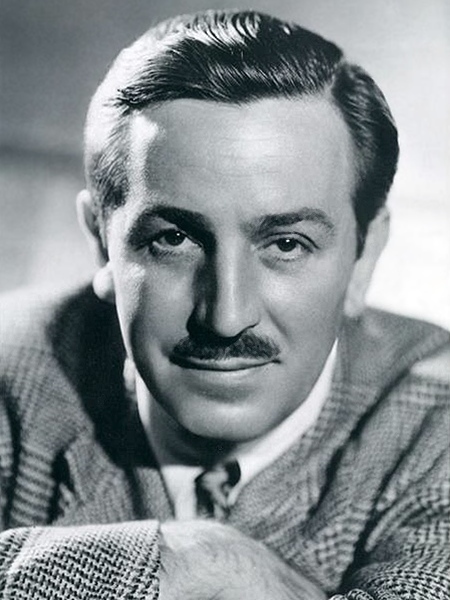There are few creators whose legacy is as far-reaching as legendary animator and entrepreneur Walt Disney. A pioneer, Disney transformed a simple cartoon mouse into a vast empire: one that encompassed film, television, retail, and even theme parks.
Through the years, Disney also had his share of critics. But his view of criticism may be different than what you’d imagine.
Way back in 1957, the book “The Story of Walt Disney” shared one of my favorite quotes from the famous entertainer:
“You may not realize it when it happens, but a kick in the teeth may be the best thing in the world for you.”
There’s a lot to be learned from that sentence.
As you go through life, there will be no shortage of persons telling you what you need to improve or what you can do better. You could label all these people as haters and simply ignore them.
Or, you could do what Disney did:
You could use that negative feedback to make you better.
Using negative feedback to help you grow
In my new book, EQ Applied: The Real-World Guide to Emotional Intelligence, I compare negative feedback to a freshly mined diamond. On the surface, you’ve got what would appear to most persons to be a dull, ugly rock. But to a trained eye, that ugly rock is extremely valuable. All it needs is a little cut and polish.
Criticism is like an unpolished diamond: It’s ugly. Here you are, trying your best, and someone comes along to tell you it’s not good enough.
But much like a professional diamond cutter can take that raw, unpolished rock and turn it into something beautiful, you can learn to extract the benefits of criticism.
For most of us, the default is to label criticism as an attack. We respond by defending ourselves, or by demonizing the critic. That leads us to close our mind and ignore what they have to say.
The problem with that response is, criticism is often rooted in truth.
Think about it: As smart as you are and as hard as you work, there’s always room for improvement. Additionally, all of us have blind spots. It doesn’t feel good when someone points out you have broccoli stuck between your teeth. But you wouldn’t want them to hold back from telling you, would you?
Of course, some criticism will be flat out wrong. But even in these cases, it’s valuable–because it helps you to see your actions through another perspective, one you may not have considered. And if one person thinks it, you can be sure that others are thinking it, too.
Learning to benefit from such criticism takes emotional intelligence–the ability to make emotions work for you, instead of against you. The key is to change the way you process criticism; you must turn negative feedback into something constructive, by asking yourself the following:
Putting my personal feelings aside, what can I learn from this person’s perspective?
How can I use this feedback to help me improve?
When you see negative feedback as an opportunity for growth, it can help you to:
- Refine and improve your ideas;
- Craft your message in a way that reaches a more diverse audience;
- Prepare yourself for similar criticism in the future;
- Change and adapt when appropriate.
It never feels good to hear that you’re wrong. When you do, take a page out of Walt’s book–and remember:
Praise is nice. But it’s ones who call you out, the ones who challenge you, who will make you grow.
And it’s the ones who aren’t afraid to tell you the truth–even when it hurts–who will make you better.
Enjoy this post? Check out my book, EQ Applied, which uses fascinating research and compelling stories to illustrate what emotional intelligence looks like in everyday life.
A version of this article originally appeared on Inc.com.


